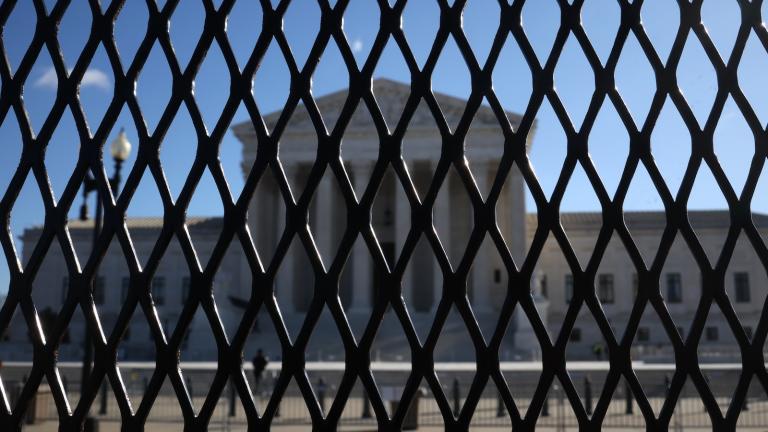Ask small-scale, sustainable-minded farmers where they go for tips, and invariably they’ll mention ATTRA, an information clearinghouse funded by the USDA.
Just this morning, I went to attra.org to get information on how to make organic potting-soil mix for starting seeds. Like many farmers, I’ve printed out copies of ATTRA’s indispensable guides to cover crops and soil management and keep them in a prominent place in the farm office.
As a new farmer, I can’t imagine a world without ATTRA, which stands for Appropriate Technology Transfer for Rural Areas. That’s why my blood began to boil this morning when I found out that the Senate had voted to defund ATTRA’s ultra-modest $2.5 million annual budget.
This defies belief. To save $2.5 million, they figure they’ll wipe out the most important information source for small-scale farmers?
Let me think of a couple of ways to put this in context. The first is an obvious but necessary exercise: In Iraq, we’re blowing at least $200 million per day. So the Senate, which doesn’t have the balls to challenge Bush on war funding, is eliminating ATTRA to save the equivalent of about an hour’s worth of mayhem in Iraq.
Second, the USDA’s annual R&D budget stands at about $2.4 billion. Almost all of that cash flows into research for chemically dependent, environmentally ruinous ag projects. In that context, eliminating the scraps tossed to sustainable/organic ag is particularly galling.
Here is the action alert that’s been circulating on the Internet:
Last week, the Senate passed the “Continuing Resolution,” which makes permanent funding decisions for the fiscal year already underway (Fiscal Year 2007), which wasn’t completed before the last Congress ended. Distressingly, this resolution would IMMEDIATELY eliminate funding for a program crucial to sustainable agriculture! The Appropriate Technology Transfer for Rural Areas (ATTRA) program is a highly rated national information service that answers practical questions from farmers and others across the US who call its 1-800 telephone number, print publications from its website, or attend its workshops. Congressman Boozman (R-AR) is circulating a sign-on letter to USDA to fund ATTRA’s modest $2.5 million. It’s crucial that you call, today if possible, and ask your House member to sign onto that letter. NOW is the time to ask them to sign on, as Congressman Boozman will take this message to USDA early the week of February 26. Senators are also sending individual letters to USDA with the same message. It’s easy to call (and your call has a big impact). Please call the congressional switchboard at (202) 224-3121 and ask to be connected to the office of your representative and your two senators (this means three very quick calls). Ask to speak to the staffer handling appropriations. If he or she is unavailable, leave a message with your name, phone number and the quick message below.
The message is simple. For your representative: Please ask Congressman/woman _______ to sign onto Congressman Boozman’s letter asking USDA to restore full 2007 funding to the ATTRA sustainable agriculture information service. (Tell the staffer for your Representative that they can contact Maggie Lemmerman at (202) 225-4301 in Mr. Boozman’s office to sign onto the letter.) ATTRA is a national valuable source of information to farmers across the US about how to farm using sustainable practices, and it shouldn’t be cut.
For your senators: Please ask Senator _______ to send a letter asking USDA to restore full funding to the ATTRA sustainable agriculture information service. (Tell the staffer for your Senator that John Lewis in Senator Baucus’ office (202) 224-2651 can provide information on the wording of the letter that Senator Baucus sent if that’s helpful.) ATTRA is a national valuable source of information to farmers across the US about how to farm using sustainable practices, and it shouldn’t be cut.


